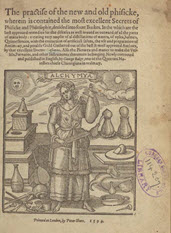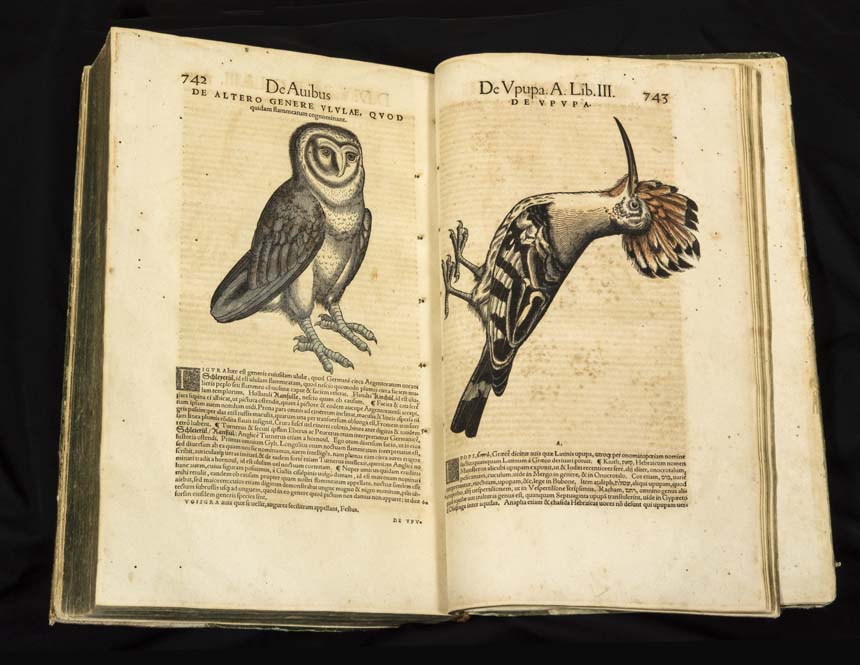Magic comprises the most profound contemplation of the most secret things, their nature, power, quality, substance, and virtues, as well as the knowledge of their whole nature.
German occultist Heinrich Cornelius Agrippa von Nettesheim, 1533
In 1997, British author J. K. Rowling introduced the world to Harry Potter and a literary phenomenon was born.
Although a fantasy story, the Harry Potter book series features magic that is based partially on Renaissance traditions that played an important role in the development of Western science, including alchemy, astrology, and natural philosophy.
Incorporating the work of several 15th- and 16th-century thinkers, the series examines ethical topics such as the desire for knowledge, the effects of prejudice, and the responsibility that comes with power.
Explore the collections of the National Library of Medicine and discover Harry Potter’s world and its roots in Renaissance magic, science, and medicine.
Magic comprises the most profound contemplation of the most secret things, their nature, power, quality, substance, and virtues, as well as the knowledge of their whole nature.
German occultist Heinrich Cornelius Agrippa von Nettesheim, 1533
In 1997, British author J. K. Rowling introduced the world to Harry Potter and a literary phenomenon was born.
Although a fantasy story, the Harry Potter book series features magic that is based partially on Renaissance traditions that played an important role in the development of Western science, including alchemy, astrology, and natural philosophy.
Incorporating the work of several 15th- and 16th-century thinkers, the series examines ethical topics such as the desire for knowledge, the effects of prejudice, and the responsibility that comes with power.
Explore the collections of the National Library of Medicine and discover Harry Potter’s world and its roots in Renaissance magic, science, and medicine.




